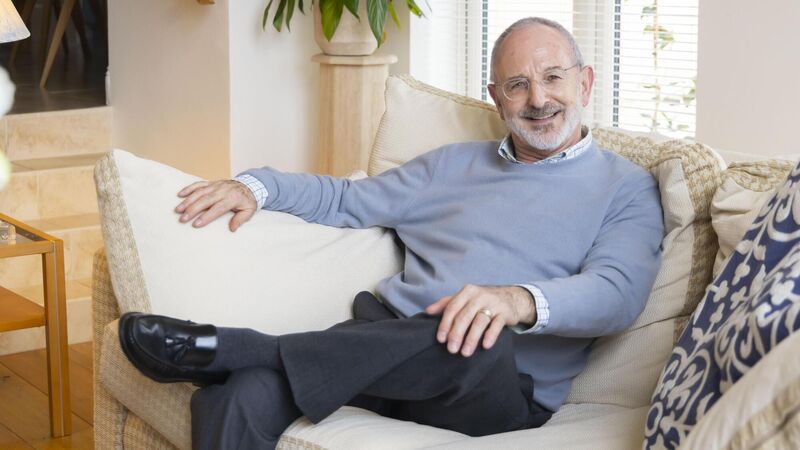Michael Murphy on his cancer diagnosis: 'Death has taken up residence in my blood'

Michael Murphy: "I think there’s a sort of a wisdom that has gathered over the years, to be more accepting of mortality and what I’m facing at my age". Photograph: Patrick Browne
In a lifetime of revelations, many of them his own, another arrived unannounced for Michael Murphy recently — he might be old.
The much-loved former newsreader and TV producer says it came not long after he and his husband, Terry, a founding member of the Rutland Centre, had relocated to rural Co Wexford from Dublin.










